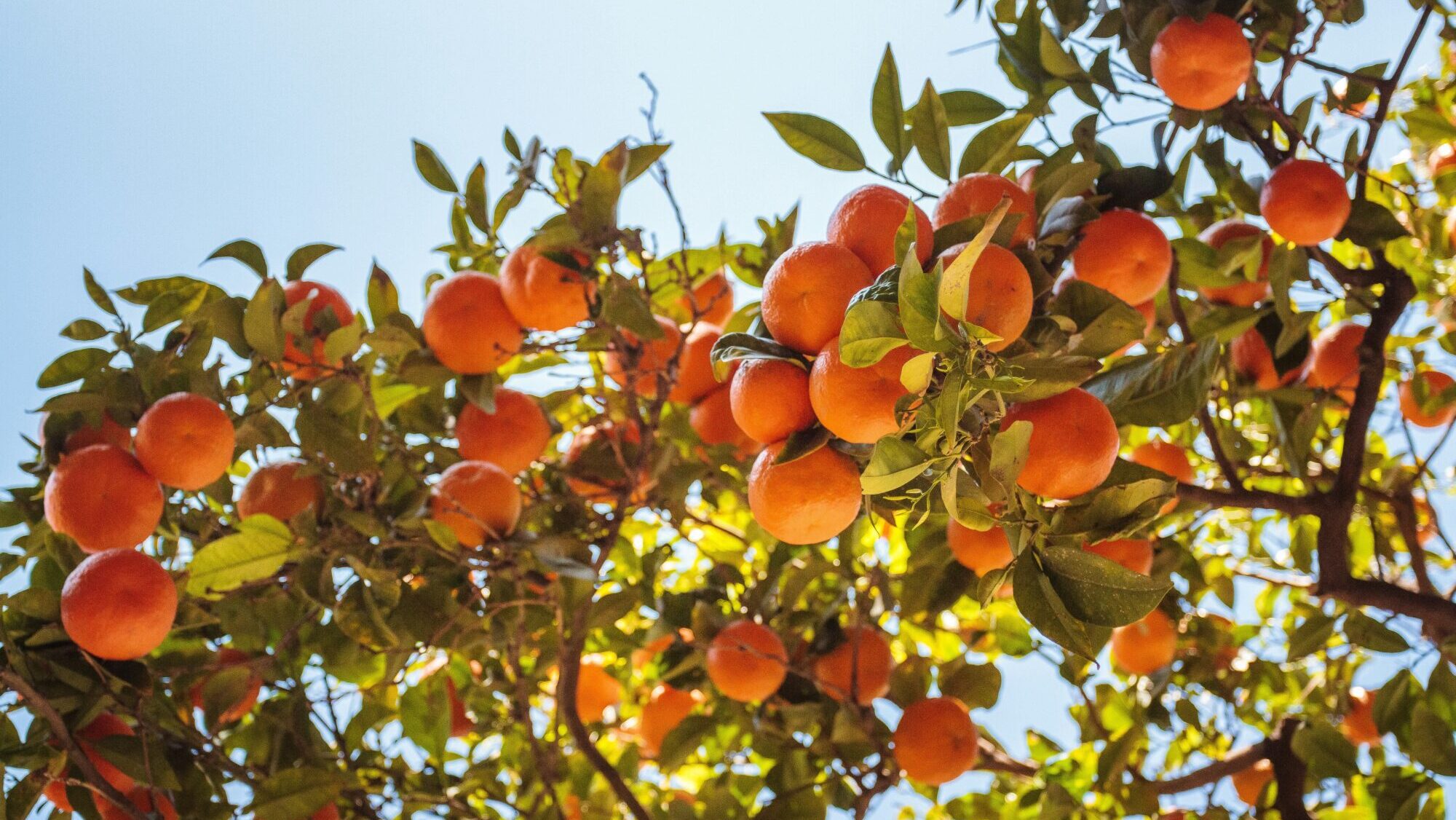
Photo: Jonny James on Unsplash
Spanish farmers tremble when it comes time to sell their crops. They are at a constant risk that buyers might refuse to stick to the contract or even pay them in the end.
Orange grower Cayetano Martínez de Irujo related to El Mundo the twists and turns of getting this year’s orange harvest to market.
Martínez de Irujo grows two varieties of oranges on 32 hectares (79 acres) in southern Spain near Seville. With his oranges ready for the harvest, he had been haggling out contracts with five or six potential buyers when boatloads of oranges from Egypt entered the Spanish market. This prolonged negotiations while fruit traders inspected the Egyptian oranges and their prices.
Martínez de Irujo, meanwhile, had to keep his oranges on the tree, maintaining them with phytosanitary treatments that increased his production costs. Finally, he had a buyer and they had signed a contract that included all the details from the collection of the fruit to a clause that holds the buyer to the agreement.
According to the contract seen by El Mundo, Martínez de Irujo had arranged to sell “200,000 kilos (at 24 cents per kilo of orange),” and the buyer had declared to know the size and quality of the produce and committed to purchasing it.
However, when the merchant had collected 132,000 kilos of the oranges, he told Martinez he did not want any more and that, additionally, Martínez had to lower the price, on the grounds that the quality was not what they had expected. Martínez simply refused to rewrite the invoice for a lower price. The buyer then threatened not to pay him at all. Martínez countered that he wanted his oranges back then but the buyer countered that he had already sold them. In the end, Martínez had no other recourse than to hire a lawyer and sue the buyer. He suspects that that buyer simply found that he could not sell as many oranges for as good a price as he had thought, as market circumstances can change quickly.
The buyer told El Mundo that it had already paid Martínez and promised to collect the rest of the fruit.
Such situations are common, according to El Mundo’s sources, and can be even worse. Some farmers get completely stiffed by buyers who simply disappear without paying them.
Martínez de Irujo, whose mother was one of the wealthiest women in Spain, told El Mundo that his circumstances, while exemplary of the difficulties farmers face, are not nearly as bad as the vast majority of growers who have to confront such contract breaches with far fewer assets than he has. On top of it all, buyers are emboldened by Spain’s slow justice system. Even relatively simple civil lawsuits can take months or years to settle in Spain.
“What revolts me is that they do this so comfortably,” he told El Mundo. “I have lived in Holland, France and Germany, and there, in a quick trial, you can resolve such a case.”
The EU has long-standing free trade agreements with Morocco and Egypt, including for a wide range of agricultural products. To orange growers, this feels like an EU subsidy for these foreign producers, since Spanish orange growers end up having to pay to haul away the oranges they can’t sell when the market is flooded with low-duty or duty-free citrus imports.
Jenaro Aviñó, director of the farmers’ association AVA, adds that even when imports aren’t necessarily undercutting Spanish farmers, the middle men in the supply chain manipulate the markets through fear.
“Only half of the oranges from Egypt have entered the Spanish market this year compared to last year, but large buyers, who charge the same to their buyers but pay less to the farmer, spread messages of fear of lower prices,” he said.
Spain has laws in place to protect farmers but for Martinez de Irujo, no political party has been able to address the problems farmers face or even enforce the laws as they stand, such as the Supply Chain law designed to guarantee that no link in the food chain has to sell products or services at prices below production cost.
As it stands now, farmers are simply the most disadvantaged link in the European food chain and they are fed up.
